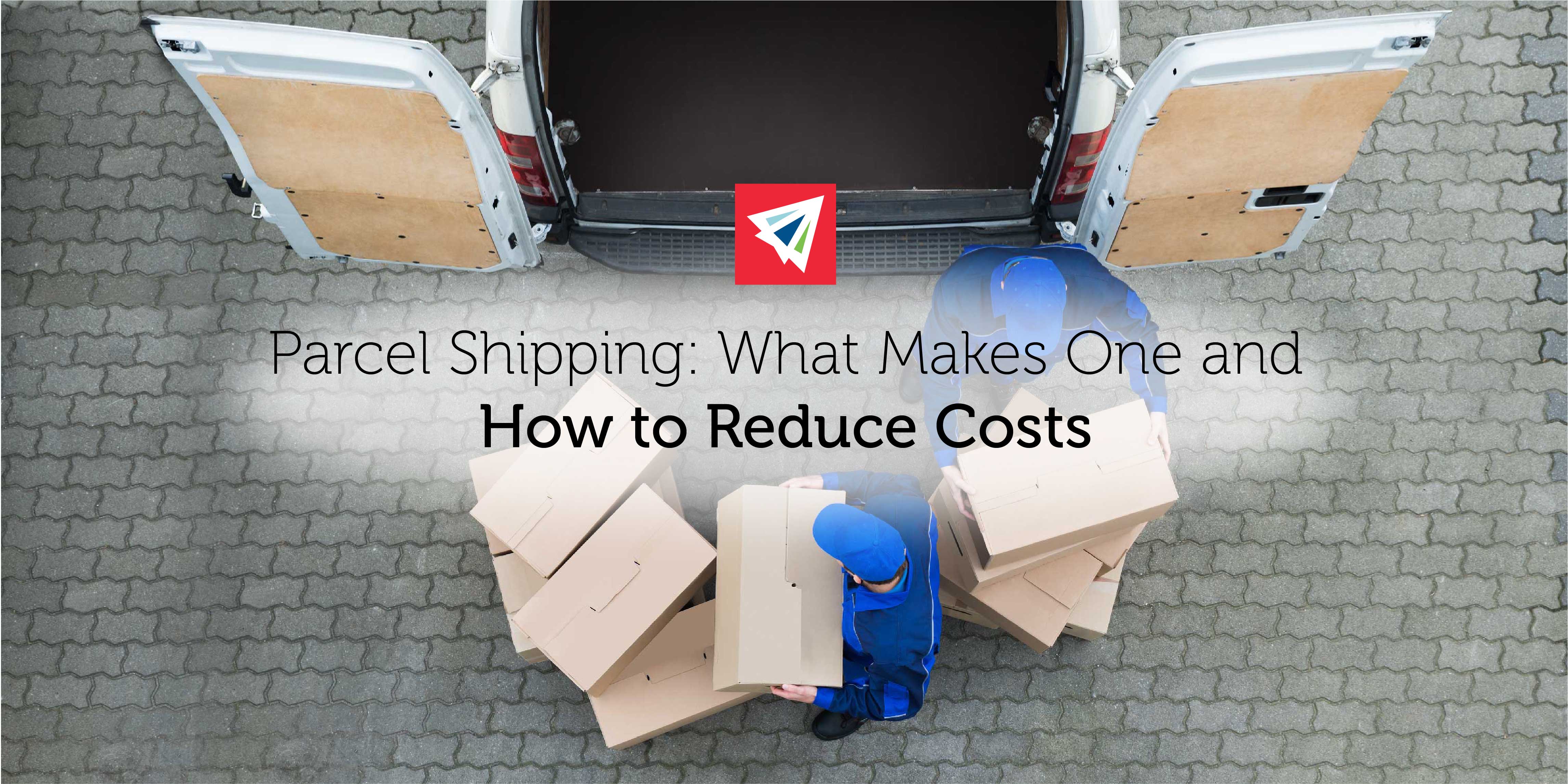Parcel shipping has been an industry-standard method of moving goods for years on end. Medical, industrial parts, auto manufacturing, and computer part manufacturing are few amongst many industries who utilize parcel shipping as the keystone to moving their products domestically and internationally. The term has actually evolved over the years and adopted a multitude of varying definitions, with recent conclusions opening up the possibilities to serious cost savings. If you’ve been watching your budget disappear on LTL shipping expenses, it may be time to see if your goods are qualifiable to be sent as parcel shipments.
Parcel Shipping Qualifications
To qualify a shipment as parcel, the goods must not exceed 150 lbs and must be placed in a box or carton (provided by either the carrier or shipper.) Generally speaking, a carton cannot exceed 165 inches (419 cm) in circumference, and 108 inches (270 cm) in length. Most often, small package shippers will utilize larger carriers such as DHL, UPS, or FedEx for moving their parcel shipments overseas or domestically, but it’s important to keep in mind the benefits of having a 3PL handle these domestic or international shipments. Let’s talk about how you can optimize your shipping process to save time and money on all of your future parcel shipments.
Discounts and Cutting Costs
As with any other type of shipment, 3PLs often get discounted rates due to high volumes of shipments with any particular carrier. This can give managers extra cost breaks by utilizing a 3PL freight forwarder or NVOCC to handle their parcel shipping as opposed to going direct to a carrier (such as FedEx or UPS.) While it may seem like an extra step, giving a 3PL your parcel shipments can make the shipping process easier and more cost-effective due to developed relationships between your carriers and freight forwarders.
Competition in the Market
Competition in the carrier market more than likely plays in your favor. The market is full of discounts and promotions on a consistent basis due to carriers competing to provide the best rates on parcel shipping and others alike. Talk to vendors about the potential earnings you may gain from utilizing them to handle your parcel shipping needs.
Fuel Surcharges
Fuel prices are perhaps the most volatile piece of the shipping process in regards to overall costs. Keep an eye on all of your expenses to ensure that everything looks correct. Fuel charges are amongst some of the most frequently changing costs. Slight variations in your fuel surcharges are normal, but any large changes may be discrepancies worth looking into.
Minimum Rates
Although your contract may display a particular pricing structure regarding parcel shipping, carriers often have to keep themselves covered by requiring a minimum rate charge for parcel packages. Before you send a shipment to your carrier or freight forwarder, ensure that you not only understand the agreed-upon pricing metrics for parcel shipping, but also any minimum rate requirements that may come into play given shipments that fall below certain weight and dimension expectations. It takes nothing more than a simple 5-minute conversation with your 3PL to grasp a clear understanding of these requirements, and doing so can keep your auditing and booking records consistent and clean.
Conclusion
At the end of the day, only you can decide what method is best to use for moving your company’s parcel shipments. All things considered, you want to utilize a carrier that will give you the best control, visibility, accountability, and pricing. Without broadening your horizons to search past the national giants like UPS, FedEx, or DHL for freight handlers, you could be missing out on more than cost savings; you’re sacrificing valuable relationships. It may also be helpful to distinguish whether parcel shipping or LTL shipping is a better option for your company. As a decision maker, it’s important to take some time to evaluate your current situation and look into different options for moving your parcel shipments domestically and overseas.
If you have any questions, simple or complex, about parcel shipments, call our team at Interlog USA! We’d be happy to help you out!

2 thoughts on “Parcel Shipping: What Makes One and How To Reduce Costs”